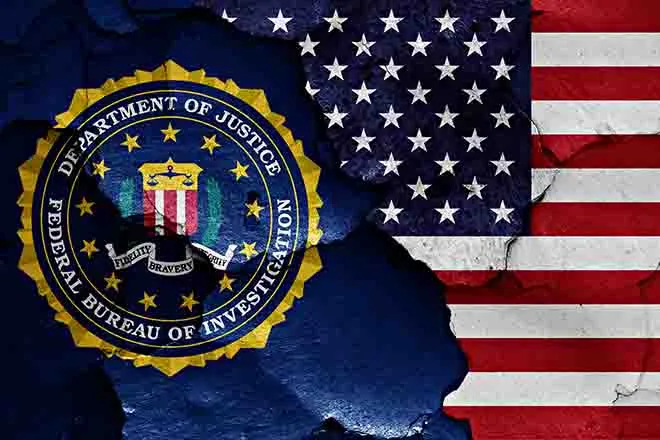
OxyContin maker Purdue Pharma pleads guilty to federal criminal charges in $8 billion settlement
(The Center Square) – The U.S. Justice Department announced Wednesday that it reached an $8.3 billion settlement with Purdue Pharma, the manufacturer of OxyContin, a highly addictive opioid medication designed to reduce pain.
The settlement was reached after federal prosecutors opened criminal and civil investigations into the company's marketing of opioid painkillers, which led to more than $35 billion in profit for the company from the sale of OxyContin alone.
Nationally, the opioid epidemic has killed more than 232,000 Americans, according to the Centers for Disease Control and Prevention, largely fueled by abuse of OxyContin.
“The abuse and diversion of prescription opioids has contributed to a national tragedy of addiction and deaths, in addition to those caused by illicit street opioids,” Deputy Attorney General Jeffrey A. Rosen said in a statement. “With criminal guilty pleas, a federal settlement of more than $8 billion, and the dissolution of a company and repurposing its assets entirely for the public’s benefit, the resolution in today’s announcement re-affirms that the Department of Justice will not relent in its multi-pronged efforts to combat the opioids crisis.”
Purdue Pharma pleaded guilty in federal court in New Jersey to three felony counts of defrauding the United States and for violating the anti-kickback statute over an 8-year period from 2009 to 2017.
"We reached today's agreement in order to facilitate a global resolution that directs substantial funding to communities in need, rather than to years of legal proceedings," Purdue spokeswoman Amy Stevens said in a prepared statement. "This proposed resolution includes relinquishing our ownership of Purdue and has been valued at $10-$12 billion – more than double all Purdue profits the Sackler family retained since the introduction of OxyContin."
The $8.3 billion global settlement includes a criminal fine of $3.544 billion, criminal forfeiture of $2 billion and a civil settlement of $2.8 billion, "the largest penalties ever levied against a pharmaceutical manufacturer," the DOJ said.
Federal prosecutors claimed that the company paid two doctors through Purdue's doctor speaker program and an electronic health records company to increase the amount of prescriptions issued for its opioid products, including OxyContin, its top seller.
"The kickback effectively put the Purdue marketing department in the exam room with their thumb on the scale at precisely the moment doctors were making critical decisions about patient health," District of Vermont U.S. Attorney Christina Nolan said at the Justice Department briefing.
"Purdue deeply regrets and accepts responsibility for the misconduct detailed by the Department of Justice in the agreed statement of facts," Steve Miller, who has headed the company's board since July 2018, said.
The Sackler family, which owns the company, separately agreed to pay $225 million in damages to resolve a civil False Claims Act case.
The settlement doesn't include prison time for company officials or members of the Sackler family, the Justice Department said, something Democratic lawmakers had requested.
Nearly 36 Democratic members of Congress sent a letter to Attorney General Barr last week insisting that the settlement include prison time for company owners and executives.
"Purdue and the Sackler family perpetrated one of the most egregious criminal acts in American history," lawmakers wrote.
Last year, 24 states declined to sign a settlement agreement offered by Purdue Pharma, arguing that lawsuits against the Sackler family should not be stopped. Lawyers representing more than 500 local and tribal governments also made the same argument.
Part of the company’s request when it filed for bankruptcy protection included asking the court to halt all litigation against it and members of the Sackler family. These lawsuits are ongoing.
However, NPR reports that this settlement agreement “will almost certainly derail thousands of separate lawsuits against the company filed by local and state governments.”
















